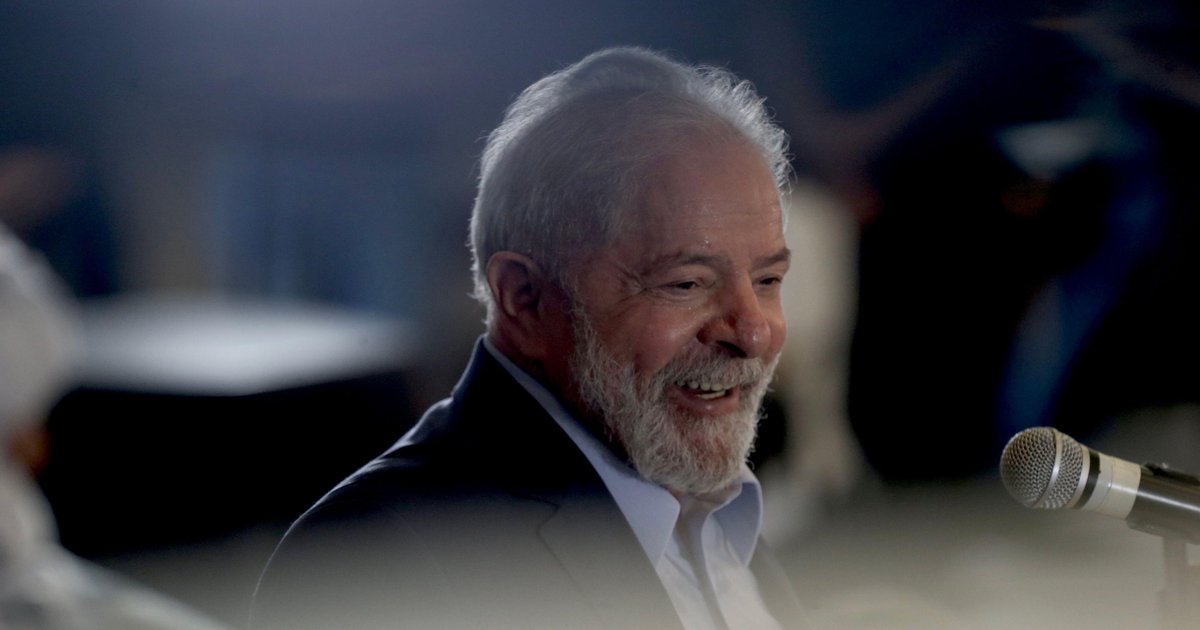However, the situation changed in mid-2019, just six months into Bolsonaro’s presidency and Moro’s new role. On 9 June, the online publication The Intercept Brasil, led by Pulitzer Prize-winning journalist Glenn Greenwald, began publishing a series of leaked messages exchanged on Telegram between figures involved in the taskforce. Many of them seemed to suggest that Judge Moro communicated frequently with prosecutors and that he even counselled the team behind Lula’s corruption charges.
That was to prove the beginning of the end for Moro. After falling out of favour with Bolsonaro, the former judge resigned in April 2020, less than a year after the scandal that became known as Vaza Jato (roughly translated as Car Wash Leaks).
Even before The Intercept’s bombshell revelations, jurists often pointed out the inconsistencies and contradictions in the case against Lula. In the eyes of his supporters, Lula was a political prisoner, and inspired the Free Lula movement (Lula Livre). The leaked messages renewed hopes among his supporters that his convictions would be overturned.
Lula’s defence team asked the Supreme Court to judge whether Moro had acted with the necessary impartiality. On Tuesday, the five justices assigned to the case tabled the decision. They tied in a 2-2 vote after the fifth judge, who joined the court in November, said he was unable to cast an opinion because he lacked sufficient knowledge of the case.
Pathway to the presidency
While connected to the accusations against Moro, this week’s annulments stemmed from a different argument.
Justice Edson Fachin – who voted against the prejudice charge against Moro back in December – ruled that the four cases against Lula fell outside of the jurisdiction of the 13th Federal Court of Curitiba, contending that the crimes did not happen in the city, located in the southern state of Paraná. The cases will be forwarded to the capital of Brasilia for reconsideration.
Fachin’s decision does not exonerate Lula, as the judge did not determine whether the former president was innocent or guilty of the charges brought against him. Regardless, Lula is now free to run for office until he is re-tried in the capital, which could take years. To become ineligible again, Lula would have to be convicted before submitting his candidacy in mid-2022, which is unlikely to happen.
Brazil’s attorney general’s office has appealed against Fachin’s decision, asking the Supreme Court to reverse it. However, Fachin’s arguments are in line with previous decisions taken by the country’s highest court, which legal experts claim are unlikely to be overturned.
Seeing that Fachin sided with Moro in the prejudice accusations against him, the internal assessment in the Supreme Court is that he opted to overturn the convictions against Lula to prevent others from using the same argument against the former judge, starting a domino effect that could jeopardise the entire Car Wash inquiry.
Economic decline and the Amazon
Though Lula is now free to run for office, the political landscape has changed since he left the president’s office in January 2011 with a record 83% approval rate, which made him Brazil’s most popular president in modern history.
Following his speech on Wednesday, the dollar dropped by 2.5% and the Brazilian stock exchange rose by 1.3%. This week’s polls place Lula just six percentage points behind Bolsonaro in the 2022 presidential election, a gap that is likely to narrow after the court’s ruling.
Lula’s re-emergence comes at a time where Brazil is still struggling with the pandemic, with a death toll of more than 270,000 – the world’s second highest. Bolsonaro has consistently been criticised for downplaying the pandemic and his denial of science, aggravating the problem in a country where implementing social distancing measures is already challenging given that 41.4% of the population depend on informal jobs and at least 13.6 million live in overcrowded, marginalised neighbourhoods known as favelas.
Despite Bolsonaro being elected partly thanks to his ultraliberal economic promises, Brazil’s GDP, which had grown by a disappointing 1% in the first year of his presidency, has shrunk by 4.1% amid the pandemic – the worst setback since 1996.
Bolsonaro, with his growing far-Right agenda, has lost support among the financial elite and investment in the country has fallen by half. His disregard for the environment – particularly the Amazon, which has had record deforestation rates under his administration – has also hurt Brazil’s relationship with some of the world’s most powerful economies: US President Joe Biden has threatened Brazil with sanctions, while European companies have threatened boycotts of Brazilian products.
Although Brazil’s current predicaments may encourage Lula, especially after the events of the past week, there is still room for caution. The annulment of his conviction is not a definitive victory for him or his supporters. In a country with a 400-page constitution and a complex judicial system, decisions can be made and unmade in a matter of days. But Lula and his supporters will certainly be celebrating while they can. After all, Bolsonaro seems shaken.
PrintManuella Libardi | Radio Free (2021-03-12T09:31:47+00:00) The ‘biggest judicial lie’ in Brazil’s history – former leader Lula is back. Retrieved from https://www.radiofree.org/2021/03/12/the-biggest-judicial-lie-in-brazils-history-former-leader-lula-is-back-2/
Please log in to upload a file.
There are no updates yet.
Click the Upload button above to add an update.
